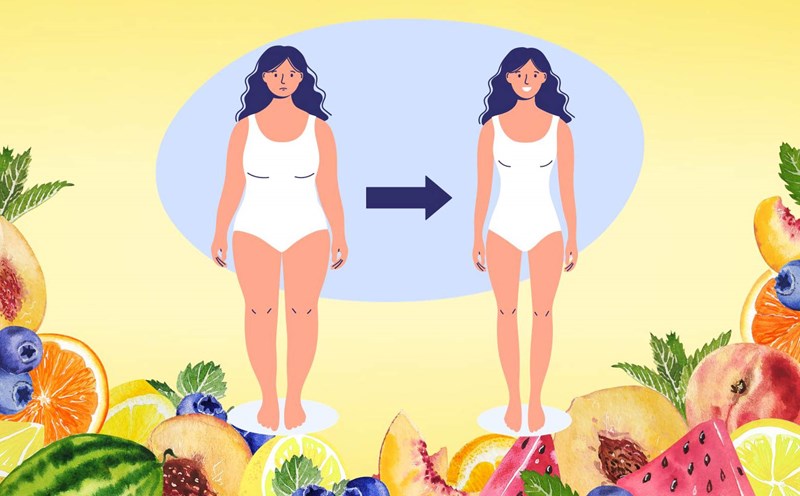Applying visceral fat reduction methods helps reduce the risk of dangerous diseases such as cardiovascular disease, type 2 diabetes, cancer, etc. Unlike subcutaneous fat, surrounding visceral fat can affect the functioning of internal organs.
Sometimes, fat loss or weight loss does not mean reducing visceral fat. To effectively reduce visceral fat, it is necessary to apply many methods such as nutrition, exercise, medication and maintaining a healthy lifestyle.
Dr. Lam Van Hoang, Tam Anh General Hospital, provided professional advice on effective ways to reduce visceral fat.
1. Exercise
Physical activity helps burn calories and reduce visceral fat effectively, improving health, metabolism and building muscle. You can choose any exercise that feels suitable for you such as walking, jogging, jumping rope, swimming, resistance training, soccer...
Maintaining regular physical activity helps the body consume excess energy and reduce visceral fat storage.
2. Healthy diet
A healthy diet can help reduce calorie intake and prevent excess fat accumulation. Specifically, you should increase your intake of green vegetables, fruits, starches and healthy fats.
At the same time, limit sugar, processed foods, canned foods, snacks... Because these foods are often high in calories and low in nutrients, they can easily lead to excess fat accumulation and have a negative impact on health.
3. Get enough sleep
Lack of sleep can increase cravings and lead to weight gain, especially belly fat accumulation. For those who are looking to reduce visceral fat, sleeping 7-9 hours a night helps regulate hunger control hormones, improving metabolism.
Getting enough sleep can also increase the ability to burn excess fat, including visceral fat, helping to maintain a healthy weight.
4. Reduce stress
Prolonged stress stimulates the production of the hormone cortisol (causing discomfort, frustration, cravings), increasing the risk of visceral fat accumulation.
You should choose stress reduction methods such as meditation, yoga, reading, playing sports... to help prevent the increase in cortisol, contribute to weight control and reduce visceral fat more effectively.
5. Limit alcohol consumption
Alcohol is high in calories and has no nutritional value, easily leading to excess fat accumulation, as well as causing great harm to health. Limiting alcohol consumption will help reduce unnecessary calorie intake, thereby reducing visceral fat.
6. Intermittent fasting
Intermittent fasting is a method of controlling fasting for a certain period of time, helping the body prolong the time without receiving energy, stimulating the burning of excess fat. When calories are reduced, the body is forced to use stored fat, including visceral fat, to provide energy.
There are currently many intermittent fasting methods such as 16/8 (restricting calorie intake within 16 hours, eating within 8 hours) or 5/2 (restricting calorie intake within 2 days, eating normally within 5 days).











